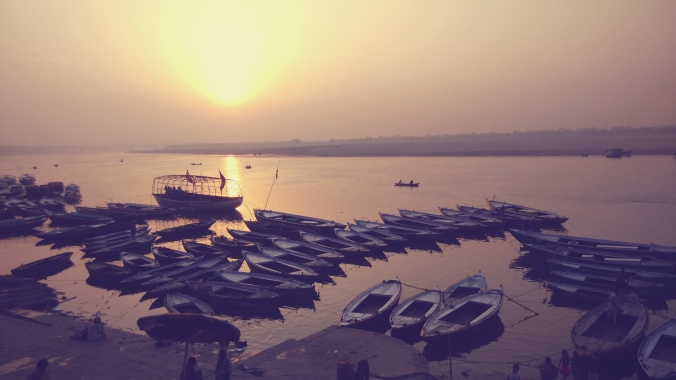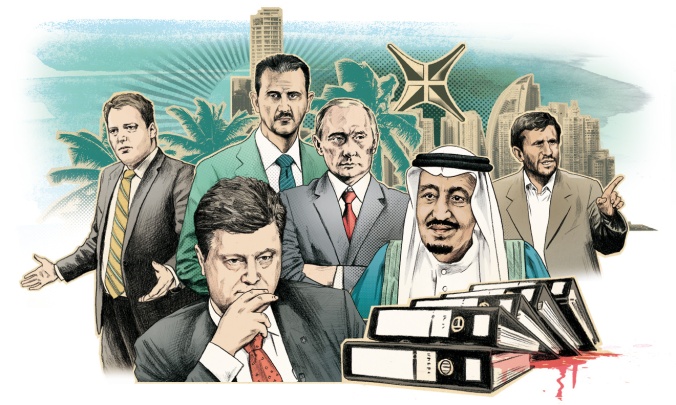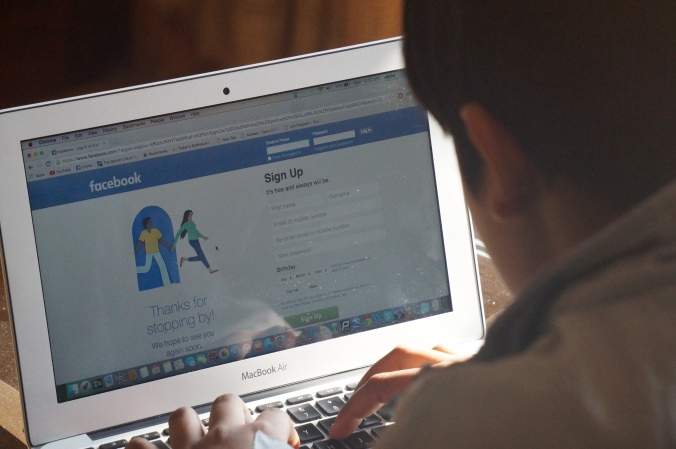If you haven’t read the first post, please scroll down and do so. Because this is kind of like an extension of it. Remember I touched upon the evil in our society – Capitalism? Not quite a week ago, I had another epiphany. This is my thinking, my philosophy. You may not understand it – many people I’ve talked to this about certainly don’t, but perhaps now you know my life story, you know how I think (sort of) and will understand what I mean.
It began when I was out in my backyard, I noticed a colony of ants. Then, like a bolt from the blue, the thought struck me – for all the ‘progress’ we claim to have made as a species, humanity is no more advanced than that lowly insect, the ant. You need to run with me on this one. The world of ants, like the world of bees, is one that is based on the worker-queen model. Millions of automatons working mindlessly to feed and protect the one queen who ruled the whole colony. Think now to the world of liberal democracy and capitalism. It, too, is based on the worker-queen model. We work to feed and further the interests of the ‘queens’ of our society – the huge dynasties that control the world today.
Now, ants and bees, I think, actually need this relationship for their prolonged survival as species – aren’t the queens the only females in the colonies or something like that? But why do we humans need the elite at the top of the hierarchy? Why do we even need a hierarchy even? Would it not be more efficient (not to mention fair), if, instead of the worker-queen model, all humans took on the characteristics of both worker and queen? That is, the capacity to feed ourselves, to take care of that minimum economic security; whilst simultaneously contributing to governance and progress as a society?
By this I mean a society where people are rich enough that they eat their daily bread but not beyond that.A society where there are less poor people and less rich people. A society where the division between the poor and the rich is bridged and a society where your talent and how far you are willing to work for it counts and NOT who your parents are or how rich they are. In a perfect world, the solution to this problem is meritocracy.
Meritocracy is an ideal system of governance where the best aspects of capitalism (the incentive to actually achieve) and communism (limits being placed on how far you can achieve, making sure nobody goes poor) are fused together. Meritocracy is a system in which those who truly deserve to be at the top rise to the top. Those that are most intelligent, most skilled, most brave, most innovative, most creative, whatever – will be those entrusted with governing for the good of humanity. They will be well rewarded for their talents, but not so well rewarded that their wealth is deemed offensive. Nobody will be allowed to be too poor, or too rich.

Man sleeping on the road in Thrissur, Kerala. Photo Courtesy – Rahul Menon K
In today’s world, this scenario does not happen. A man that works for 15 hours, if he doesn’t know the right people, have the right background etc..will only get 15 hours pay. This is your every day common man. But a man who works one hour, but happens to be a member of the elite, will get thousands of hours worth of pay for that little bit of work. And these elite people already have all the advantages. They go to the best schools and the best universities. They’re always close to the real center of power. They need never worry about their daily meals. In fact, with everything they’ve got going for them, if they achieved any less than what they do now, it would be a truly mind-boggling display of ineptitude. If you believe the current world we live in is a meritocracy, think again. Look at the list of the highest ranking officials worldwide. The CEOs, the Presidents, the movers and shakers, the power brokers. You’ll find many, many things in common. They’re all the same type of people, pretty much. Filthy rich, white, male, often Jewish (I’m no anti-Semite); went to a prestigious Ivy League university, awarded with a top job as soon as they graduated. Life is made for them. How about the 2004 US Presidential election? Republican candidate George Bush – born with a silver spoon in his mouth, alma mater: Yale University, member of Yale secret society Skull and Bones. Democratic candidate John Kerry – born with a silver spoon in his mouth, alma mater: Yale Universty, member of Yale secret society Skull and Bones. No matter who America voted for, the same person was going to take the Oval Office. To make it worse, the Bush family sat in the White House for 12 years and did absolutely nothing positive in that time.
Coming back to Meritocracy. It will avoid the pitfalls of capitalism because in a meritocracy, everybody starts from zero. There are no inheritances, there are no Ivy League schools to attend, there is no nepotism, there is no corruption. The only thing that will get you anywhere is how talented you are and how prepared you are to work hard for it. Your success is the direct result of your merit. Of course, on practical implementation, some of the bad traits will eventually creep into the system, but wouldn’t a complete overhaul in the way the world functions improve today’s society? A new world order of sorts.
Now the big question is judging this merit. The judging process used around the world today is that of examinations – another inherent evil in today’s world. From the early years of your life, you are continuously in a vicious cycle of writing examinations. An examination is supposed to judge your smartness, creativity, skill and ability to think on the spot but the problem with the concept of examinations, at least in India, is how lazily they are implemented and how students train themselves to remember answers as opposed to actually learning something. Bookish knowledge has taken more importance than actual smartness. The concept of final exams, end sem exams whatever you want to call them, is flawed in more ways than I can imagine. You can do whatever the hell you want for an entire year but show up prepared for the final exam and get away with it.
Imagine Person X is neither smart nor innovative but has the ability to store a lot of information in his head (we have all come across this person in our lives). Now Person X has struck gold because that is ALL the world is looking for today. Your ability to remember a string of words and blurt it out in examinations. Is it truly testing one’s ability? The end result here is that the students who rise up through this system are eventually the leaders of tomorrow. They are the people trusted with governance and leadership in the future but the system in selecting these people is so screwed up and on so many levels that we are in the situation we are in today. Starting from kindergarten to the higher studies and everything in between – examinations are defeating their purpose.

Students busy writing in Birla school, Kolkata
Photo Courtesy – Medha Jha
I have an elaborate solution in mind though. It will take atleast a generation, if not more, to implement, but with the smarter and enthusiastic entrepreneurial class emerging in India (the one that voted Modi in), I have hope. Anyway it goes as follows :-
- Proactive judging i.e. teachers judge students regularly over the basis of a few months so that students are accountable for more than just the final examination. This way hardwork and punctuality is rewarded and one’s ability is not based on a single examination, eliminating luck and other factors that come with any one-off event.
- Practical activities so that the student’s ability to apply the concepts they study in real life is tested. This gives a much fairer assessment of one’s ability and hence those who rise to the top in this system are naturally more practical and responsible in the way they go about their work. It also means less people like Person X in the world which is always good.
- Along with the teachings of maths and science, inculcate the teachings of honesty, integrity and social responsibilities in the school syllabus. Science and Maths enhance knowledge. Not wisdom.
In China and the US, there exist toddler swimming programs i.e babies of 1-2 years old are left in the water. This is done so that the child is used to the water environment at an early age and eventually gets used to it. It’s human nature to adapt to the surroundings and this is also probably why these two countries produce World class swimmers.
Now, forget the aspect about swimming and implement the above example on a philosophical level. Childhood is a critical part of one’s life. It’s the time when the values and philosophies that eventually define you, are instilled in you. So, if a child is taught values of moral ethics and responsibilities (like honesty integrity helpfulness civic sense) at this early stage, say 4 to 8 years old, he/she will find it inconceivable to go against those values later in life. I truly believe that it will make a big difference if, instead of sharpening our brain with mathematical mumbo jumbo and scientific gibberish, we enhance our mind with life values to live by.
What do you think? Sound off your comments. Any feedback is welcome. Oh and Bookmark this page for future reference









